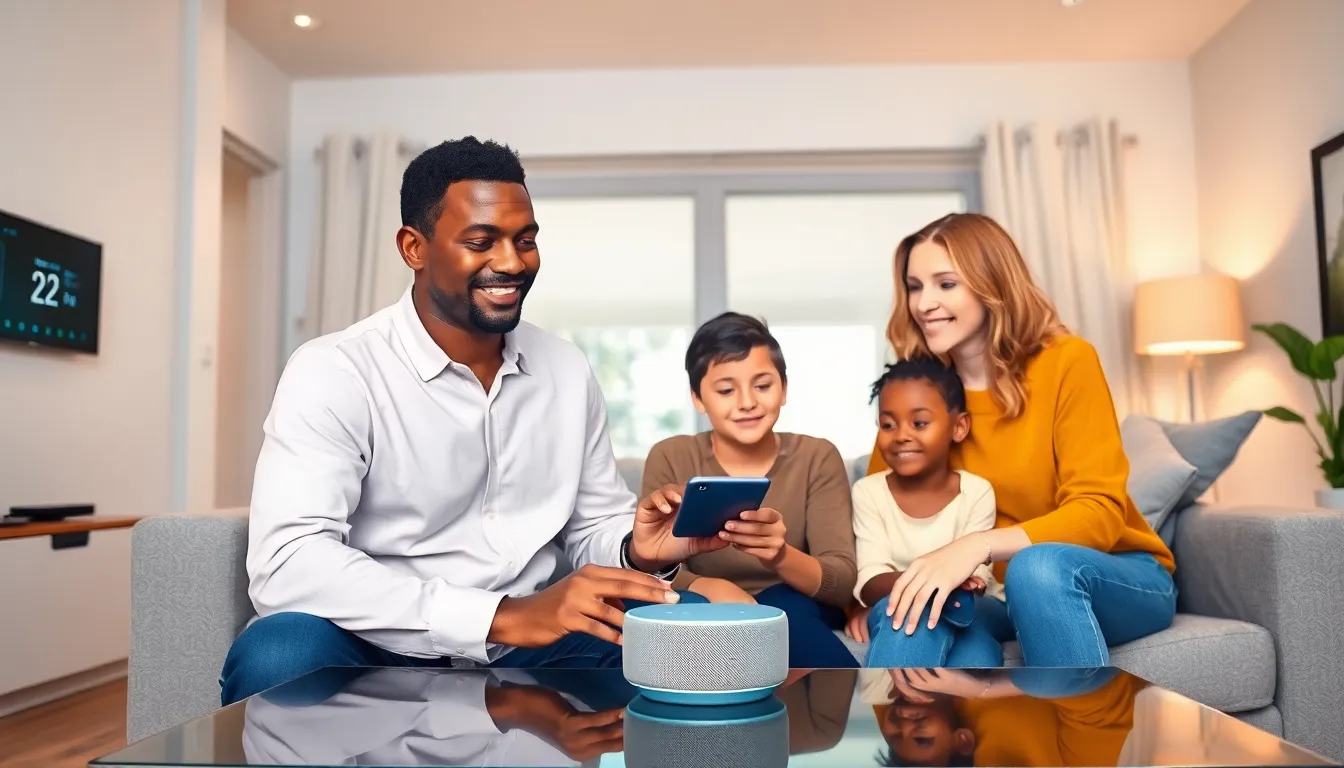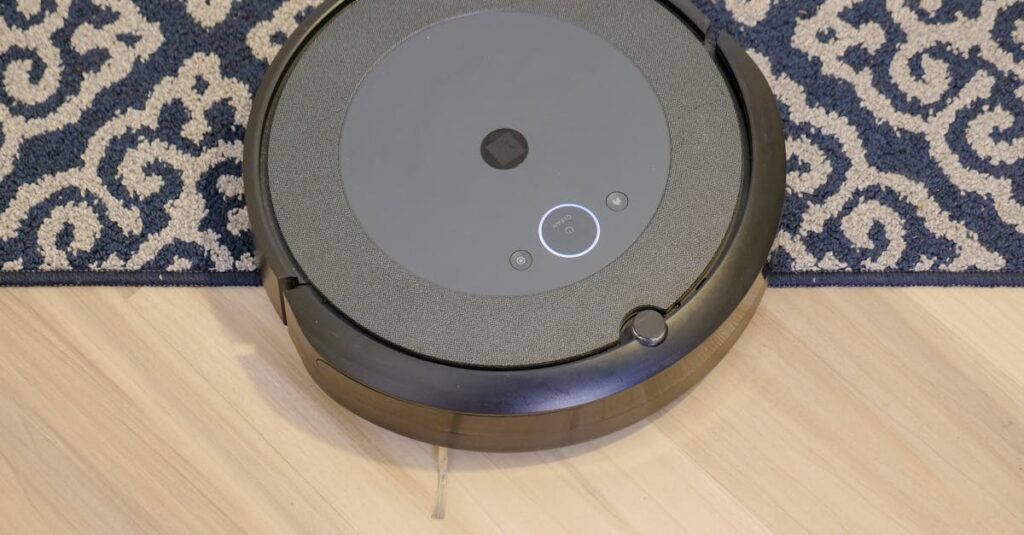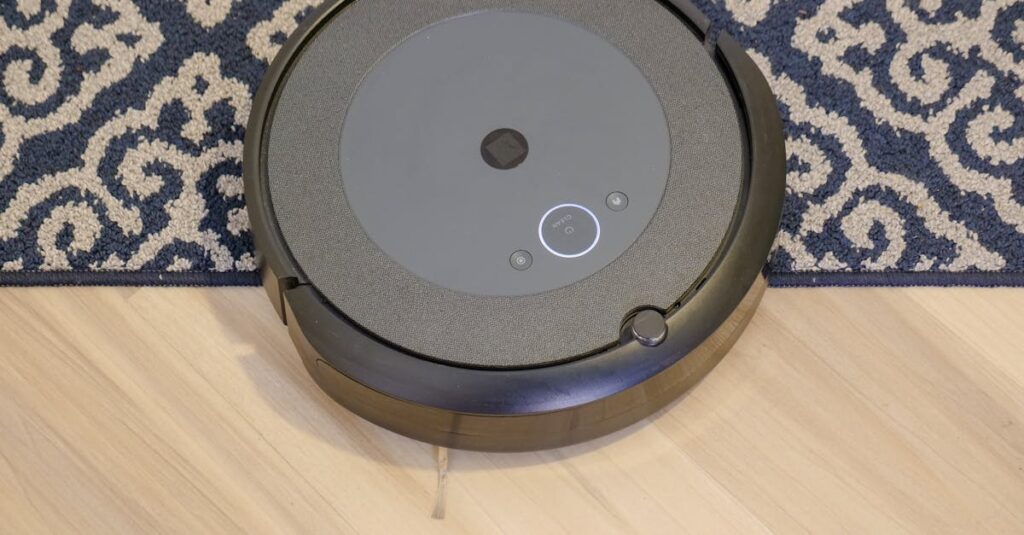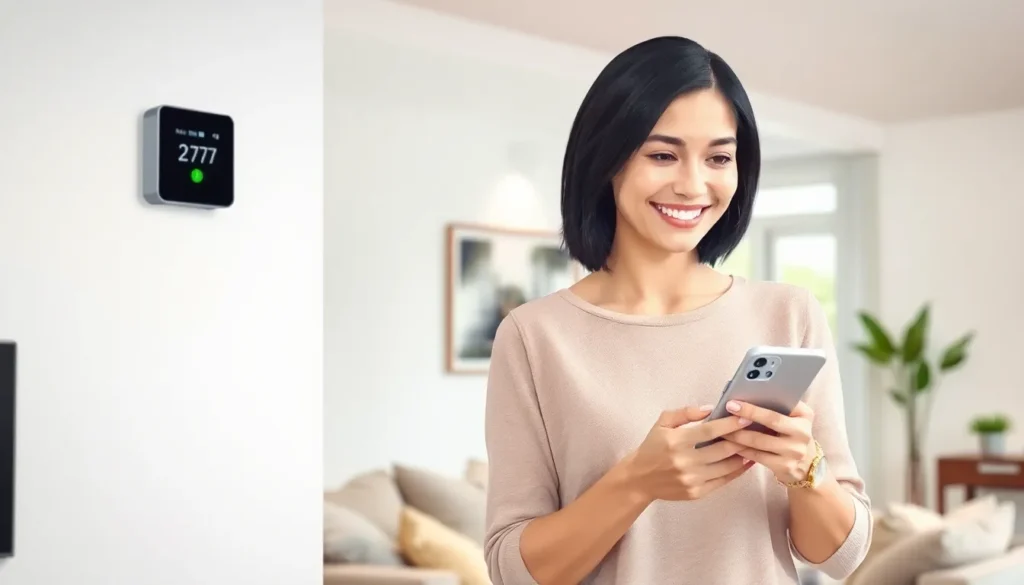Table of Contents
ToggleImagine waking up to the smell of freshly brewed coffee, all thanks to your smart coffee maker that knows your schedule better than your best friend. Welcome to the future of smart homes, where technology isn’t just smart; it’s downright genius. As homes evolve into interconnected ecosystems, they’re not just about convenience—they’re about transforming everyday living into a seamless experience.
With advancements in AI and IoT, homes are becoming more intuitive, adapting to individual lifestyles and preferences. Picture this: your fridge orders groceries when you’re running low, and your thermostat adjusts itself based on the weather outside. The future of smart homes promises to make life easier, more efficient, and maybe even a little more fun. Get ready to embrace a world where your home anticipates your needs, and you can finally stop arguing with your thermostat.
Future of Smart Homes: An Overview
The future of smart homes promises enhanced interconnectedness and intelligence within residential spaces. Advanced artificial intelligence (AI) systems and the Internet of Things (IoT) will integrate seamlessly, creating environments that learn and adapt to individual preferences.
In this future, smart devices like thermostats, lighting systems, and security cameras will function cohesively. Homeowners can expect voice-activated assistants to manage these devices efficiently. For instance, smart thermostats can adjust settings based on occupancy patterns, leading to significant energy savings.
Additionally, home automation will extend to personal health monitoring. Wearable devices will communicate with home systems, tracking health metrics and adjusting home environments accordingly, such as modifying lighting to enhance mood or alerting homeowners about potential health issues.
Security measures will evolve with advanced surveillance technology powered by AI. Smart cameras equipped with facial recognition will differentiate between residents and strangers, providing enhanced security and peace of mind. Integration of cybersecurity protocols will ensure that these systems remain secure against potential breaches.
Sustainability will play a crucial role in the future of smart homes. Energy-efficient appliances and solar panel integration will work alongside smart grids, optimizing energy usage based on real-time data. Homeowners can access this information through user-friendly applications, promoting eco-friendly practices.
Customization options will extend homeowners’ control, allowing them to tailor experiences to their specific lifestyles. Smart home systems will learn preferences over time, automating tasks such as scheduling lighting or managing appliances.
The future of smart homes is set to create environments that not only enhance daily convenience but also prioritize sustainability, health, and security, fundamentally transforming residential living.
Technological Advancements

Technological advancements are at the forefront of transforming smart homes, driven by cutting-edge innovations in AI and IoT. These advancements promise to enhance convenience, security, and energy efficiency in everyday living.
AI and Machine Learning
AI and machine learning algorithms empower smart homes to learn user preferences and automate processes effectively. These systems analyze patterns in behavior, enabling devices to make informed decisions, such as adjusting heating or lighting based on occupancy. AI-powered virtual assistants manage household tasks seamlessly, enhancing user interaction. As these technologies evolve, machine learning models will continuously improve their predictive capabilities, anticipating individual needs and preferences, thus fostering an increasingly intuitive home environment.
IoT Integration
IoT integration connects a myriad of smart devices, facilitating real-time communication and data exchange. This interconnectedness allows appliances, security systems, and energy management tools to collaborate, optimizing overall home performance. For instance, smart thermostats can adjust their settings based on weather forecasts and individual schedules, promoting energy savings. Enhanced IoT capabilities also enable remote monitoring and control through mobile applications, ensuring homeowners remain connected to their residences from anywhere. This integration sets the foundation for a comprehensive smart home ecosystem that aligns with modern lifestyle demands.
Energy Efficiency
Energy efficiency remains a cornerstone of smart home innovation. Enhanced technologies contribute significantly to reduced energy consumption while maintaining comfort and convenience.
Smart Energy Management
Smart energy management systems optimize energy usage by integrating various appliances and devices. They analyze real-time data to adjust consumption based on usage patterns and energy rates. Smart thermostats, for example, learn user habits to minimize heating and cooling costs. By coordinating devices, these systems reduce peak energy demand and enable homeowners to track their energy usage through mobile apps, promoting energy-saving behaviors.
Renewable Energy Sources
Renewable energy sources are increasingly incorporated into smart home designs. Solar panels convert sunlight into electricity, powering homes and reducing reliance on traditional energy grids. Integration of energy storage solutions, like batteries, allows homeowners to store excess energy for later use, enhancing resilience. Smart inverters optimize the use of energy generated from renewable sources, ensuring efficient energy distribution within the home. Emphasizing sustainability, smart homes facilitate eco-friendly living while decreasing energy costs.
Home Security Innovations
Innovations in home security greatly enhance safety and convenience for homeowners. Advanced technologies are redefining protection strategies, ensuring peace of mind.
Advanced Surveillance Systems
Advanced surveillance systems employ AI-powered cameras that utilize facial recognition and motion detection technologies. These systems can differentiate between familiar faces and potential intruders, alerting homeowners through mobile notifications. Integration with smart home hubs allows for seamless monitoring, enabling real-time video streaming and two-way communication. High-definition video quality ensures clarity in recorded footage, which can aid law enforcement if necessary. Moreover, cloud storage options provide secure access to past footage, enhancing the effectiveness of recorded evidence in potential security breaches.
Intruder Detection Technologies
Intruder detection technologies utilize a combination of sensors and AI algorithms to enhance home security. Motion detectors, window and door sensors trigger alarms when unauthorized access occurs. Smart locks provide remote control, allowing homeowners to grant or deny access to visitors. Additionally, vibration sensors can detect forced entry and send alerts immediately. Integration with emergency response systems ensures prompt notification to authorities, enhancing safety. Advanced systems can even simulate presence by controlling lights and televisions, deterring potential intruders.
User Experience Enhancements
Smart homes provide enhanced user experiences through innovative technologies that simplify and automate daily tasks. The integration of smart devices fosters comfort and efficiency, reshaping how individuals interact with their living spaces.
Voice Control Systems
Voice control systems revolutionize home management. Users interact with various devices, like smart speakers and virtual assistants, through natural language commands. For instance, homeowners might instruct their devices to adjust lighting, play music, or set temperature preferences without manual input. This hands-free operation increases convenience and accessibility, particularly beneficial for individuals with mobility challenges. Additionally, voice control systems facilitate multitasking, allowing users to streamline daily routines while maintaining focus on other activities.
Personalized Automation
Personalized automation enhances user satisfaction by adapting to individual preferences and routines. Smart home devices analyze user behaviors to create tailored settings, such as adjusting heating levels based on time of day or automatically brewing coffee at specific hours. Furthermore, users can establish routines that align with their lifestyles, enabling a seamless transition between activities throughout the day. For example, a morning routine could include gradual lighting adjustments paired with automated reminders for daily tasks. This adaptability leads to increased comfort and efficiency in daily living, emphasizing the smart home’s role in creating a bespoke living environment.
Future Challenges and Considerations
The future of smart homes faces various challenges, particularly concerning privacy and cybersecurity. Addressing these aspects ensures a secure and efficient living environment.
Privacy Concerns
Privacy concerns emerge with the increasing number of interconnected devices. Smart homes collect vast amounts of personal data, including usage habits and family routines. Homeowners may worry about unauthorized access to their information from hackers or third-party companies. Maintaining transparency in data collection practices becomes essential, as users prioritize understanding how their data is used. Manufacturers must implement clear privacy policies, give users control over data settings, and ensure compliance with regulations like GDPR to foster trust in smart home technology.
Cybersecurity Risks
Cybersecurity risks pose significant challenges in smart home management. As devices become more interconnected, the potential attack surface for cybercriminals expands. Poorly secured devices may serve as entry points for ransomware or malware attacks. Effective security measures, including firmware updates and strong encryption protocols, play a crucial role in protecting smart devices from phishing scams and unauthorized access. Homeowners can enhance security by regularly changing passwords, utilizing two-factor authentication, and ensuring compatibility with robust security systems.
The future of smart homes is bright and filled with possibilities that promise to enhance everyday living. With advancements in AI and IoT, homes will become increasingly intuitive and responsive to individual needs. This evolution will not only improve convenience but also promote sustainability and security.
As technology continues to advance, homeowners will enjoy a seamless integration of smart devices that work together to create a personalized living environment. While challenges like privacy and cybersecurity remain, the focus on innovation will drive solutions that foster trust and safety in smart home technologies. Embracing this future will lead to healthier, safer, and more efficient homes that cater to the demands of modern life.









